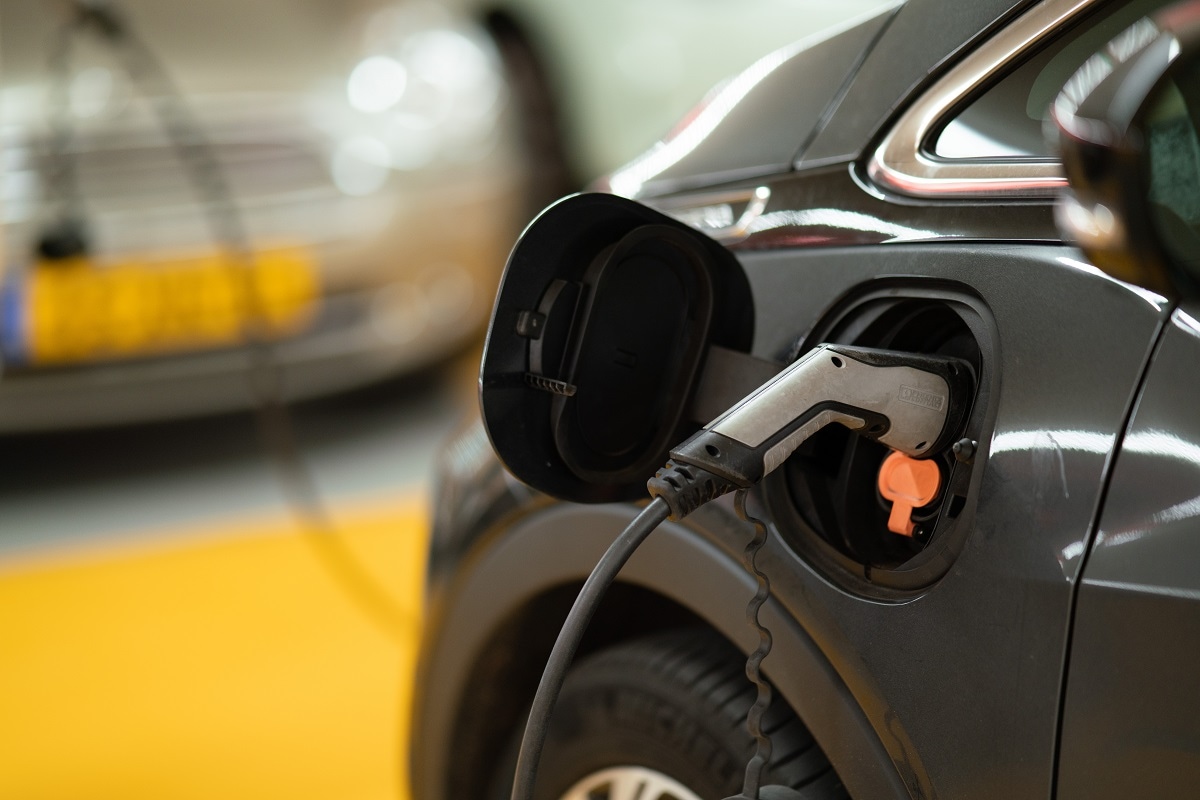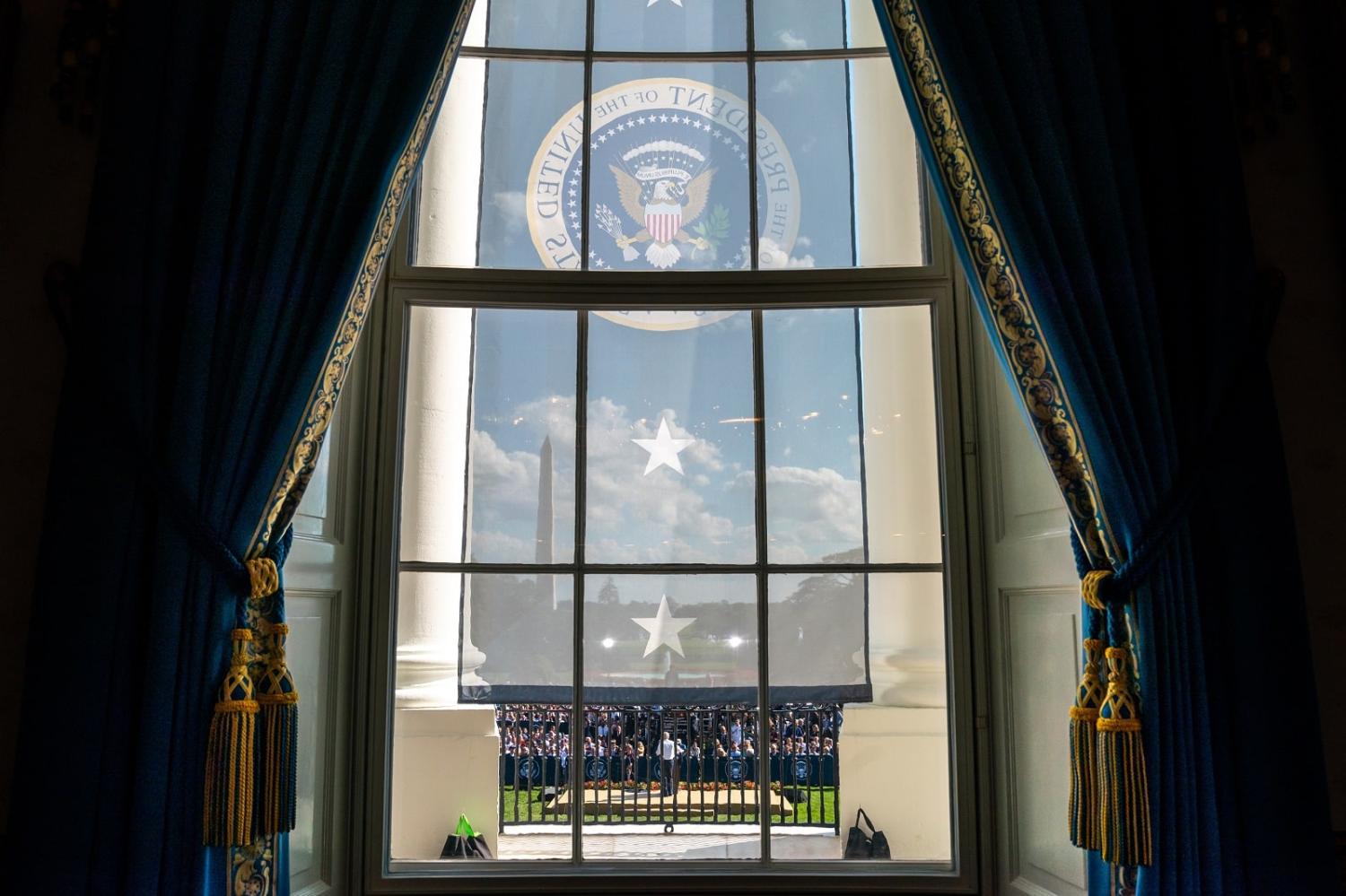When the Inflation Reduction Act (IR Act) passed the US Congress in August 2022, it was acclaimed as the largest, most ambitious climate change investment in American history. The US$369 billion bill provides a range of tax credits, grants and concessional loans for energy technology investments, the majority directed towards renewable energy and battery storage. The bill has accelerated US progress towards its 2030 Paris Agreement target, although it still falls short of a 2oC trajectory. Public and private sector investment attributable to the IR Act over the next decade could be as high as US$3 trillion, with projections it could create nine million jobs. Indeed, US President Joe Biden has been quoted on several occasions saying, “when I hear climate, I think jobs”.
But does he now need to hear “climate justice” as well?
The IR Act marked a paradigm shift in green industrial policy for the United States, diverging markedly from the free-trade neoliberal policies that had enjoyed bipartisan congressional support since the Reagan era. The act underpins the clean energy component of the “new Washington consensus” outlined by National Security Advisor Jake Sullivan in April.
But for climate justice – which is focused on ensuring equitable outcomes through the energy transition – the IR Act also carries implications, both domestically and abroad.
The IR Act seeks to address rising inequality in the United States by rebuilding domestic clean energy manufacturing capability and directing a significant portion of its funding to disadvantaged communities. In the year since the IR Act was passed, US$20 billion of investment has been announced in solar supply chain manufacturing alone, including 85 GW of solar panel capacity. The IR Act has also created thousands of clean energy manufacturing jobs, primarily in Republican heartlands, but it is too early to tell if it will kick-start new domestic manufacturing and reduce inequality in the United States as intended.
Internationally, the climate justice impacts of the IR Act are more complex.

First, the positives. China’s global dominance over clean energy supply chains is well documented. It has long positioned itself as a world leader in solar panel, battery, and electric vehicle manufacturing, recognising that the transition to net zero emissions would reshape the geopolitics and economics of energy. At present, China accounts for 80 per cent of solar manufacturing and 60 per cent of wind and battery manufacturing. Its dominance in critical minerals gives it a first mover advantage across a range of emerging technology markets. There are several benefits in diversifying these supply chains. Substantial human rights concerns exist around Chinese labour policies, including in polysilicon manufacturing for solar photovoltaic systems, cobalt mining for batteries, and balsa wood supply for wind turbines. China’s reliance on coal-fired power means its clean energy manufacturing has higher lifecycle emissions than its European or American competitors.
Another oft-cited benefit of the IR Act is that it will decrease China’s capacity for economic coercion against the United States. Clean energy supply systems are complex beasts, and the United States recognises it can only de-risk and not decouple from China. Friendshoring will be critical to IR Act success.
But the IR Act has critics. Favouring American production will increase the costs of the net zero transition for other countries compared to a more efficient globally cooperative approach. But politics is often the art of the possible. Australia has learned from its energy transition efforts that the most efficient approaches to reducing emissions are often politically unfeasible. Transitioning the global economy to net zero emissions requires massive global investments. The International Energy Agency estimates it will require an average of US$4 trillion per annum and that the costs of inaction would be far greater.
And herein lies the first problem. Countries most vulnerable to climate change can least afford to address it. This is where the issue of justice arises. The need to accelerate deployment of climate finance from developed to developing countries sits at the core of the Paris Agreement. Securing the passage of the IR Act through Congress was incredibly difficult, and it would be even harder for the Biden administration to pass a climate finance package of equivalent scale. But if US efforts focus largely on domestic decarbonisation, aided by selective friendshoring, developing countries will view the world’s largest historical emitter as shirking its obligations under the Paris Agreement. This will exacerbate existing fragilities in the global geopolitical landscape.
The United States is attempting to mobilise additional private sector investment to increase the overall quantum of climate finance funding. However, its efforts are not enough to create the step-change in funding required.
Time is the other key issue. In his speech, Jake Sullivan noted “the international order that emerged after the end of the Second World War and then the Cold War were not built overnight. Neither will this one.” That may be true, but Bretton Woods laid the foundation for the current international financial architecture in just three weeks. Three months on from Sullivan’s speech, time is ticking away and climate change isn’t standing still.


